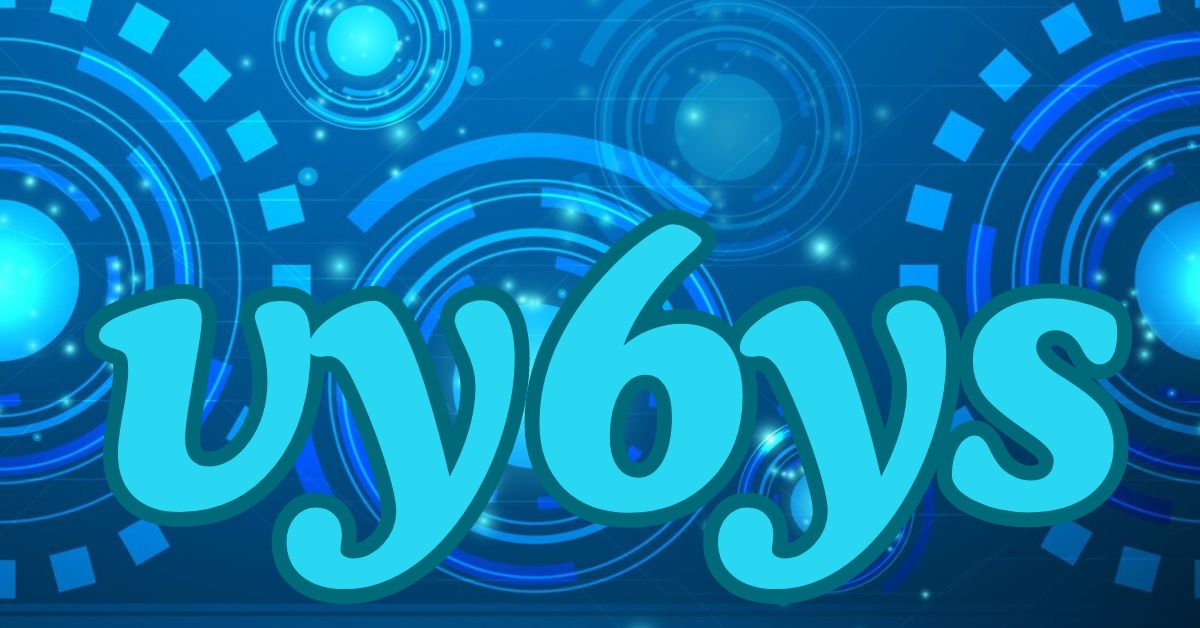Fair Housing Centers play a crucial role in ensuring that everyone has access to housing free from discrimination. These centers are dedicated to enforcing fair housing laws and promoting equal opportunity in housing. As we delve into recent developments, challenges, and the impact of these organizations, it’s clear why they are a cornerstone in the fight against housing inequality.
History of Fair Housing
Early Housing Discrimination
Housing discrimination has a long history in the United States, often tied to racial, ethnic, and socioeconomic factors. From segregationist policies to redlining, marginalized communities have faced systemic barriers in securing housing.
YOU MIGHT ALSO LIKE: Nothing2Hide.net News: The Ultimate Source for Digital Privacy and Security
The Fair Housing Act of 1968
A pivotal moment came with the Fair Housing Act of 1968, signed into law to address and prohibit discrimination based on race, color, religion, sex, or national origin. This Act was a significant step toward equitable housing, following the civil rights movement.
Evolution of Fair Housing Policies
Since its inception, the Fair Housing Act has evolved to include protections against discrimination based on disability and familial status. The ongoing amendments and new policies reflect the changing landscape of housing and societal values.
What Fair Housing Centers Do
Mission and Goals
Fair Housing Centers are nonprofits dedicated to eliminating discrimination in housing. Their mission is to educate the public, advocate for fair housing policies, and provide support to individuals who face discrimination.
Services Provided
These centers offer a range of services including counseling, legal aid, and advocacy. They assist with filing complaints, conducting investigations, and providing resources to help individuals understand their rights.
Case Studies
Consider the case of Smith v. ABC Realty, where a Fair Housing Center intervened to help a family facing discriminatory practices. Such cases highlight the direct impact these centers have on ensuring fair treatment in housing.
Recent News in Fair Housing
New Legislation
Recent legislation has introduced stronger protections for renters and homebuyers, including measures to combat discrimination based on sexual orientation and gender identity. These changes reflect a growing commitment to inclusivity.
Recent Legal Cases
High-profile legal cases, such as Johnson v. Housing Authority, have underscored the ongoing challenges in enforcing fair housing laws. These cases often set important precedents for future discrimination cases.
Innovations and Initiatives
Fair Housing Centers are leveraging technology to enhance their reach and effectiveness. From online complaint forms to virtual counseling sessions, these innovations make it easier for individuals to access support.
Challenges Faced by Fair Housing Centers
Funding and Resources
One significant challenge is securing adequate funding. Many centers operate on limited budgets, which can constrain their ability to provide comprehensive services.
Legal and Political Hurdles
Fair Housing Centers often navigate a complex legal and political landscape. Changing regulations and political climates can impact their effectiveness and focus.
Public Awareness and Engagement
Increasing public awareness about housing discrimination is crucial. Despite efforts, many individuals remain unaware of their rights or how to seek help.
How Fair Housing Centers Make an Impact
Success Stories
There are numerous success stories where Fair Housing Centers have made a significant difference. For instance, a center might help a family avoid wrongful eviction or ensure access to affordable housing.
Community Outreach Programs
These centers engage in various outreach programs to educate the community about their rights and available resources. Workshops, seminars, and public campaigns are common methods used.
Collaboration with Other Organizations
Partnerships with other advocacy groups, legal aid organizations, and governmental bodies enhance the effectiveness of Fair Housing Centers. Collaborative efforts lead to more comprehensive solutions.
How to Get Involved
Volunteering Opportunities
Volunteering is a great way to support Fair Housing Centers. Many centers welcome volunteers to assist with various tasks, from administrative support to outreach activities.
Donating and Fundraising
Donations and fundraising events provide essential financial support. Contributions help centers continue their work and expand their services.
Advocacy and Awareness
Advocacy plays a vital role in driving change. By raising awareness about housing discrimination and supporting fair housing policies, individuals can contribute to a more equitable housing landscape.
Future Directions for Fair Housing
Emerging Trends
Future trends in fair housing include a focus on digital equity, addressing disparities exacerbated by technology, and ensuring fair access to digital housing resources.
Upcoming Initiatives
Upcoming initiatives may involve new policies addressing emerging issues such as environmental justice and affordable housing in high-demand areas.
The Role of Technology
Technology will continue to play a key role in advancing fair housing. Innovations in data collection, reporting, and outreach can improve how Fair Housing Centers operate and engage with the community.
Conclusion
In summary, Fair Housing Centers are vital in the ongoing fight against housing discrimination. They tackle numerous challenges and make significant strides toward ensuring equal housing opportunities. By staying informed, getting involved, and supporting these organizations, we can all contribute to a fairer housing system.
FAQs
What is the Fair Housing Act?
The Fair Housing Act is a federal law that prohibits discrimination in housing based on race, color, religion, sex, national origin, disability, and familial status.
How can I report housing discrimination?
You can report housing discrimination to your local Fair Housing Center or the U.S. Department of Housing and Urban Development (HUD). They provide resources and assistance for filing complaints.
What types of cases do Fair Housing Centers handle?
Fair Housing Centers handle cases involving discrimination in rental and home buying processes, including denial of housing, unfair pricing, and harassment.
How can I support Fair Housing Centers?
Support can come through volunteering, donating, or advocating for fair housing policies. Engaging in community outreach and raising awareness also contributes to their mission.
What are the future goals of Fair Housing Centers?
Future goals include addressing emerging issues like digital equity and environmental justice, expanding services, and enhancing the use of technology to advance fair housing.



